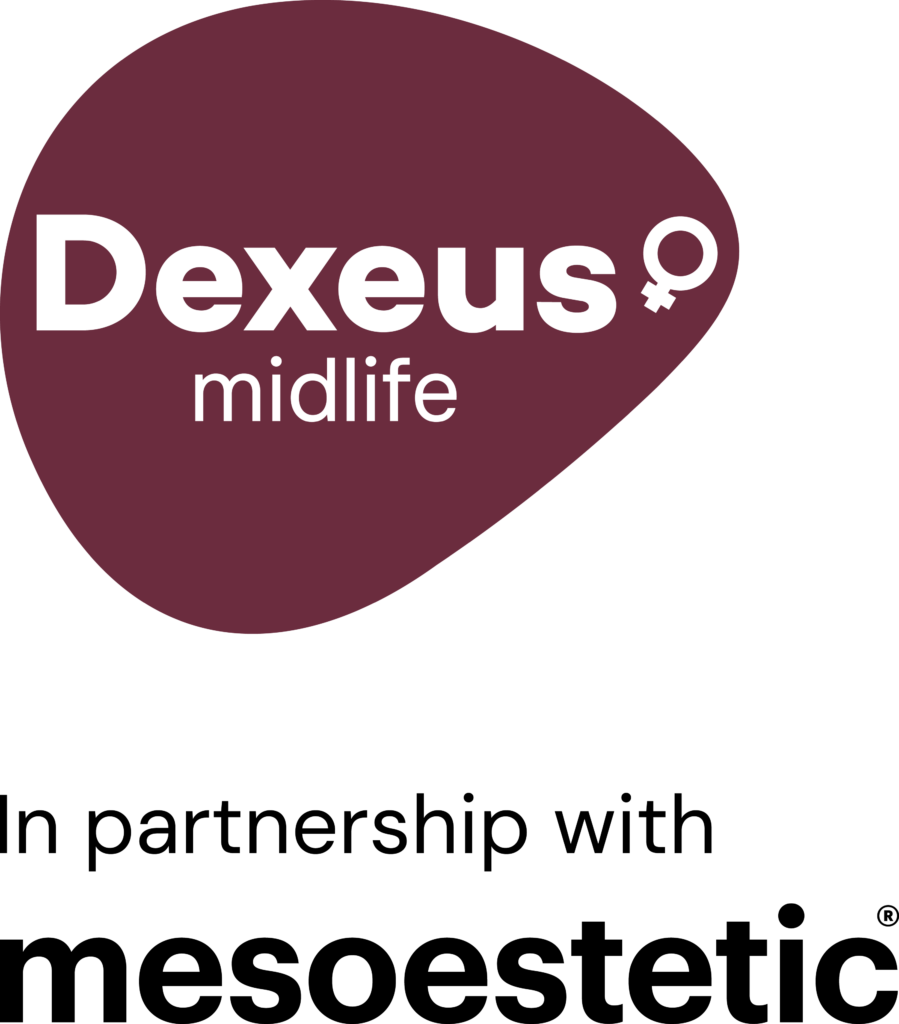During menopause, a series of hormonal and metabolic changes occur that can cause weight gain and fat accumulation in the abdomen area, instead of the hips and thighs. However, hormonal changes alone do not always cause weight gain. Ageing, lifestyle and genetic factors also have an impact. The proof is in the fact that it does not affect all women equally.
The main problem of accumulating fat in the abdominal area is that it favours the development of metabolic syndrome, a disorder that is associated with a greater likelihood of suffering from cardiovascular diseases and type 2 diabetes. If you also have high cholesterol or blood pressure, the risk is higher.
To reduce the chances of developing this syndrome, it is essential to lose weight if you are overweight, follow a healthy diet, rich in fruit and vegetables and low in calories, and increase the amount of physical activity. It is also advisable to avoid tobacco and limit alcohol consumption.
Another common problem is bloating or oedema, which consists of the accumulation of fluid in tissues. This can be related to food, as the consumption of salt-rich foods contributes to the retention of water. It can also be a consequence of taking some medications or be related to heart, liver or kidney problems.
Treatments for weight gain and bloating
At our clinic, we offer you the possibility of carrying out a free introductory visit with our coach to find out what each woman needs and receive information, and a medical visit for integrative gynaecology to make a more comprehensive assessment of each patient and determine which treatments may be appropriate in each case.
We also offer workshops to carry out activities, a Nutrition Service and a Behavioural Therapy Unit, which can help change some toxic habits, such as tobacco use.
Integrative menopause medical consultation
Integrative menopause medical consultation
This is a consultation by a gynaecologist specialising in women's regenerative and functional gynaecology....
Read moreAdvice consultation on menopause
Advice consultation on menopause
Menopause is a natural stage in women's lives that deserves to be experienced with vitality, optimism and confidence. At Dexeus...
Read moreHormone therapy
Hormone therapy
Hormone therapy has been proven to be safe and efficient and is the most effective way to alleviate the symptoms...
Read moreNatural treatments
Natural treatments
Natural treatments and therapies have been shown to be helpful in treating some common menopausal symptoms. Most can also be...
Read moreFAQs
How often should you exercise to make it effective?
Doctors recommend exercising at least 30 minutes per day, five or more days per week. If you cannot exercise for 30 consecutive minutes, you can do so for 10 minutes, three or four times a day. Walking quickly during that time every day, when on the go, is enough. The incorporation of strength exercises into the usual routine is very important for maintaining muscle mass, joints and bone mass.
What type of foods are recommended and what should be avoided?
It is advisable to follow a diet rich in fruit and vegetables, whole grains, omega-3 fats (present in oily fish), fish, lean meats (chicken, turkey), semi-skimmed dairy products, plant-based drinks, pulses, nuts without added salt, and healthy fats, such as virgin olive oil and probiotics. Snacks, cold cuts, red meats, salt, industrial pastries, trans fats or hydrogenated fats, precooked foods, canned foods, fatty cheese, sugary drinks, coffee, alcohol, refined carbohydrates and sugar must be avoided.
To avoid fluid retention, do you need to drink less water?
No. Quite the opposite. It is recommended to drink about two litres a day.
What type of exercises are most recommended in menopause?
Aerobic exercises: walking, running moderately, riding a bicycle and swimming are the most recommended because they improve cardiovascular health and help control weight. Strength and stretching exercises are also suitable for maintaining elasticity and counteracting the loss of muscle mass.

